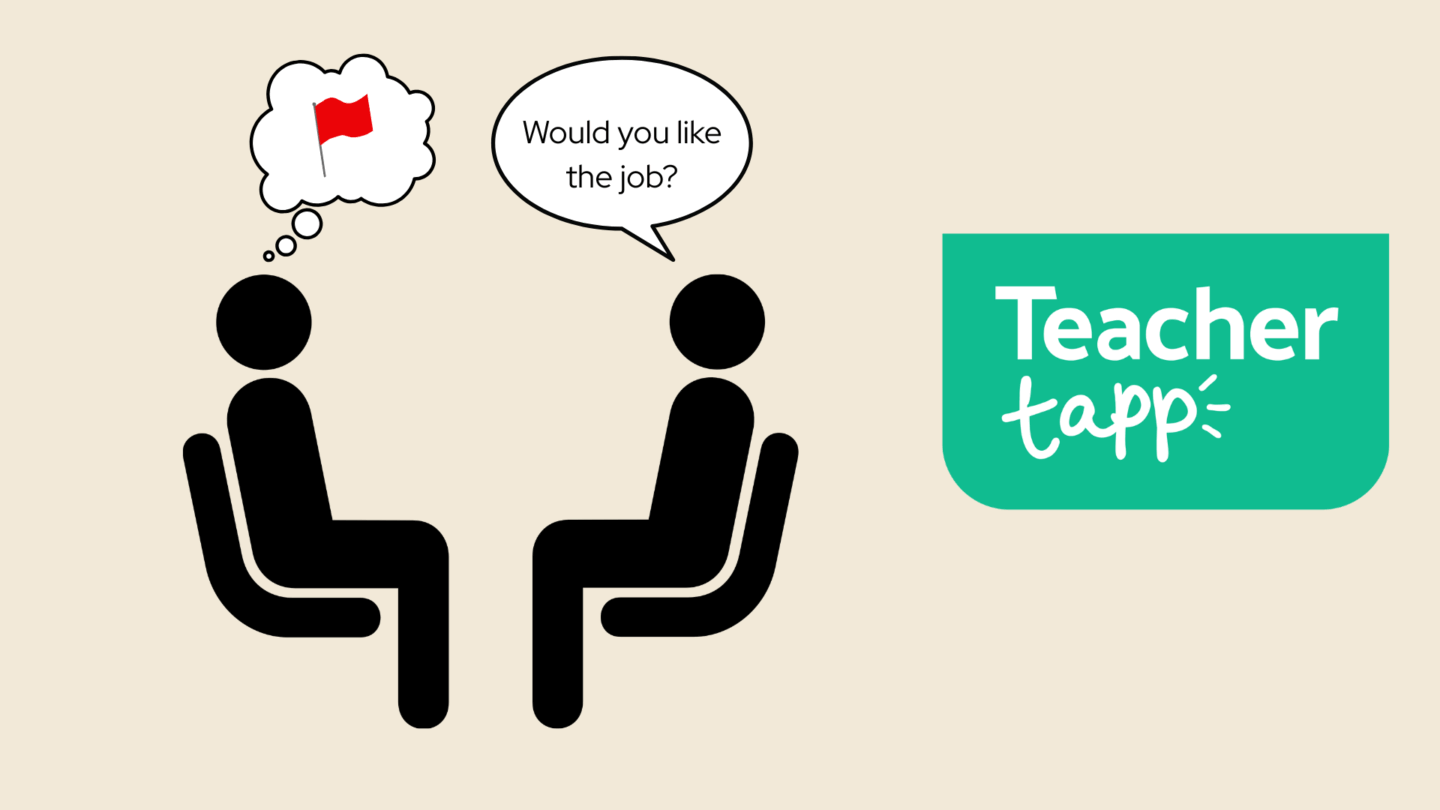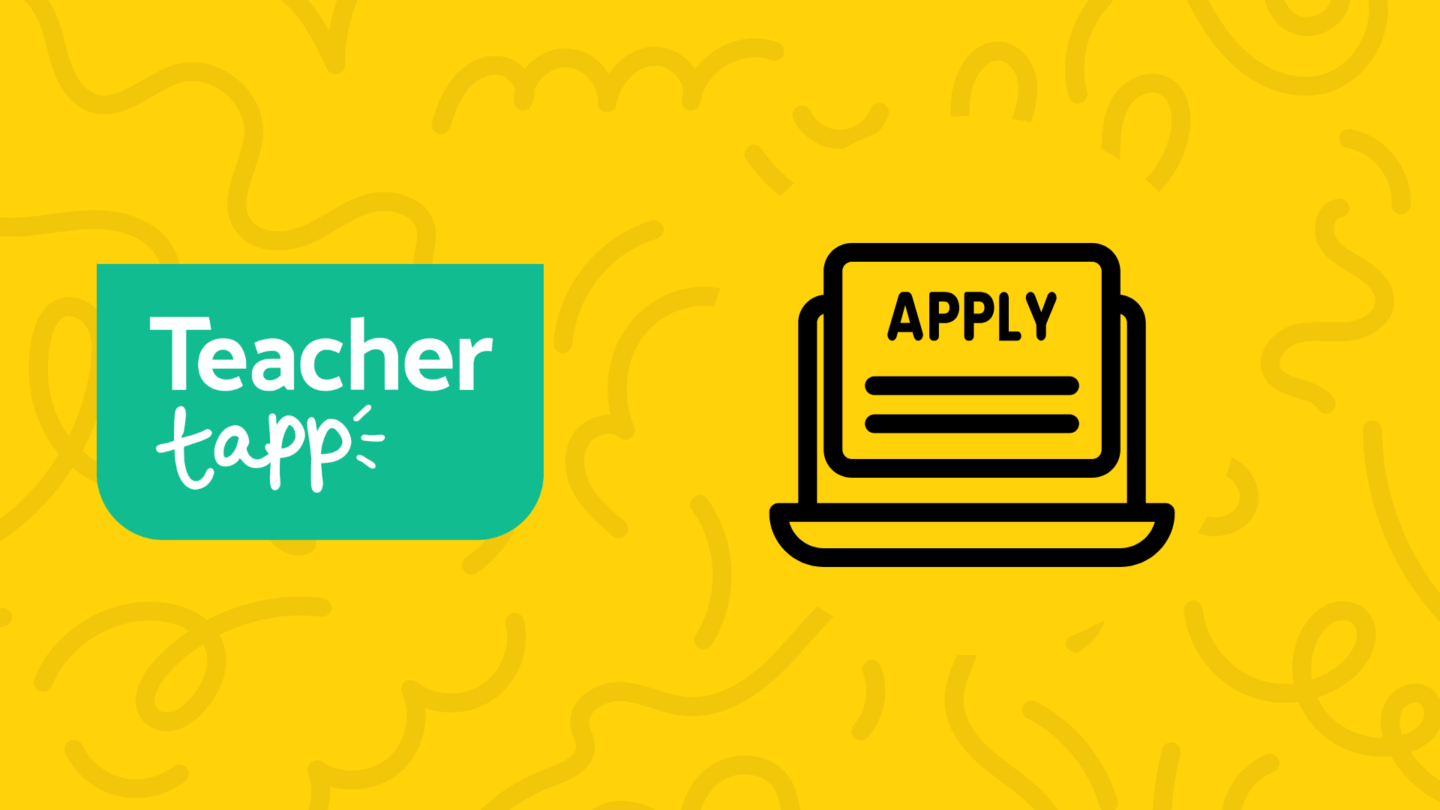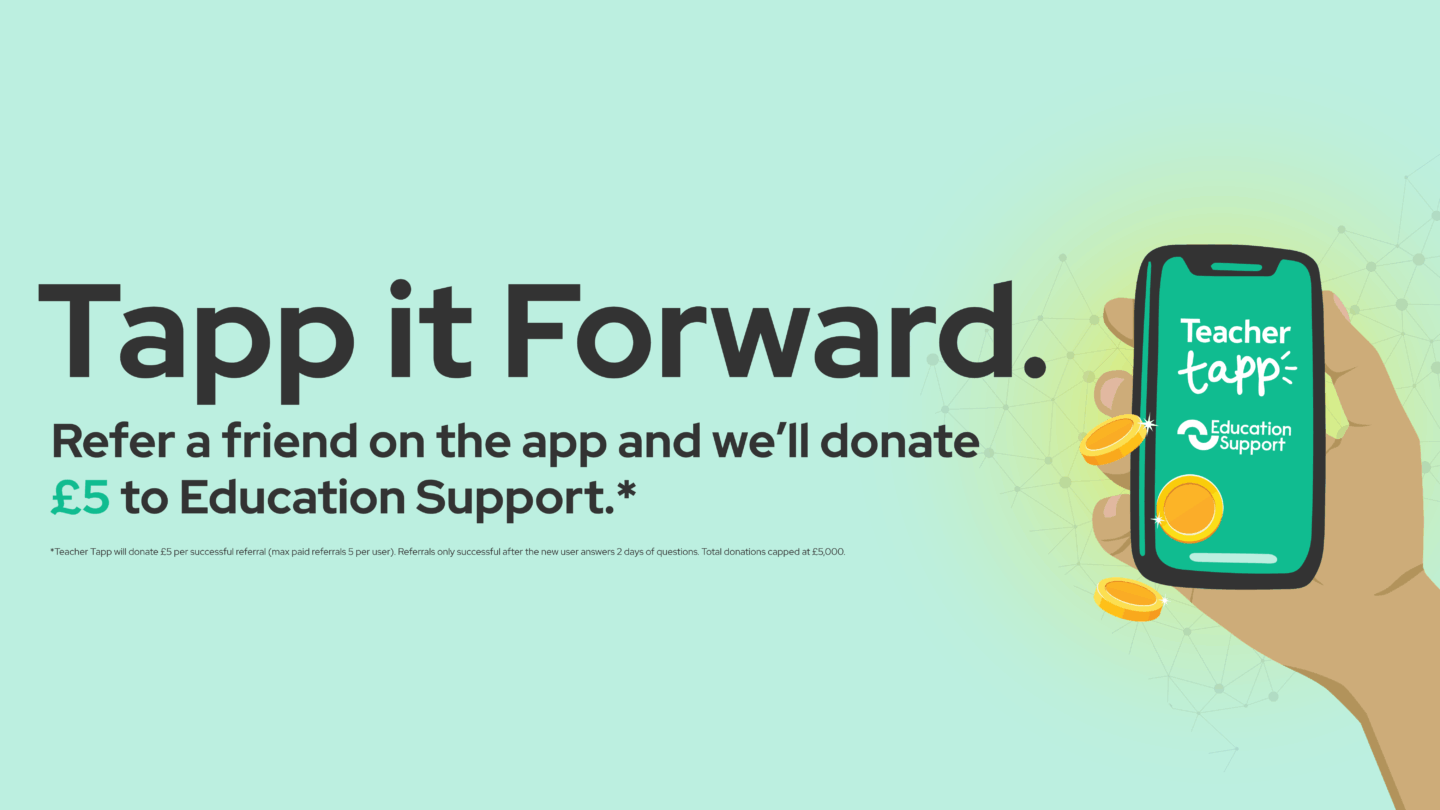1. Facts about your feelings
The Covid crisis is an emotional one. Even the most stoic among us are likely to have found the last few months to be at least a little befuddling, if not an entire emotional rollercoaster.
But data can help us talk about feelings.
Becky’s nine-year-old daughter suggested we ask how teachers felt about the possibility of returning to school – and she gave us some suggestions for answers. The two feelings that you most picked? Nervous and concerned.
There were no differences between primary and secondary teachers. But there were some differences between state-funded and private schools. State teachers were much more likely to say they were nervous and concerned about an upcoming return and much less likely to say they were relieved or happy.

Your job role also makes a difference to feelings too. Classroom teachers are the most nervous (62%) and concerned (68%), whereas headteachers were the least (43% and 54%). The more senior a teacher’s job role, the more likely they were to be happy (10%) about returning to school although it was classroom teachers who flagged the most excitement (20%).

What is causing these differences? Throughout the crisis period, headteachers and private school teachers have shown the highest levels of anxiety and the longest working hours. The pressures on both groups appear to have been felt more greatly those felt by state classroom teachers.
Upon return, however, private schools more usually have smaller class sizes than state schools, which helps with social distancing pressures, and headteachers spend less time inside classrooms than classroom teachers. Heads also have the most control over policies. Teachers don’t have this same level of control. It is therefore possible that we will see different groups of teachers feeling the highest pressure in the coming weeks.
2. Will they stay or will they come?
Last week we asked senior leaders in schools to estimate what proportion of students they believed would stay at home even if schools re-opened in June.
No headteachers felt that all students would return. The most optimistic alternative was that just 10% of students would stay at home. But just 15% of primary senior leaders and 24% of secondary leaders felt this would be true. Instead, a quarter of primary teachers expected at least half of students to stay at home. That would mean 1 in 4 primary schools being less than half full of eligible pupils. And around 10% of secondary leaders felt that very few students would return at all.

Several teachers on social media asked if other teachers were happy about the idea of sending their own children back to school. Largely, the answer was no. Regardless of the age of their own children, teachers who are also parents were mostly ‘very unhappy’ about their children returning. Perhaps they know how difficult it will be to get them to socially distance!

3. Will we lose our heads?
Headteachers have been required to take an extraordinary amount of decisions in the past few weeks, for which they were not trained and never expected to do. Is this why 23% are now saying they are more likely to seek to leave the profession than before the lockdown began (which is twice the rate of any other group)?

We have written before about the fact that headteachers are often more likely to have paid off their mortgages and less likely to have children at home – meaning they are financially more able to leave the job. However, they are often the most committed and, once controlling for age, the ones most likely to say they feel they will stay in the profession long-term. This is therefore not good news.
4. Is there any upside?
Although things have felt doom-laden for many teachers, some parents (especially those who are teachers) have noted that their children are flourishing in the new environment. A blog featured on Teacher Tapp last week involved a school director interviewing his children about their experience. One said she felt she had more time for work and was less rushed these days so her learning was enhanced.
How many of you recognise this success in your own pupils? According to the graph below, successful lockdown learning is rare. But there were some optimists out there too. Around 10% of science, humanities and arts teachers were convinced that almost all the students they were taught were having a successful time.

Most notably, teachers in fee-paying schools were most optimistic about the proportion of pupils having a successful learning experience, and those in the most-deprived areas were the least optimistic. We’ve written several times about the fact that teachers in independent schools are more able to rely on their pupils having access to technology and are seeing pupils more regularly.






